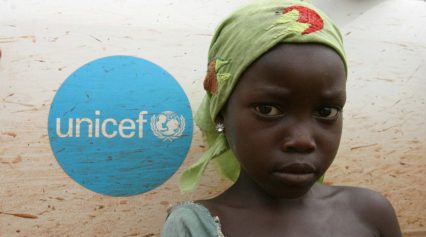If you want an idea of what Nigeria can offer the world’s more fearless investors, raise a glass to South African supermarket chain Shoprite. Last year, its seven Nigerian branches sold more Moët & Chandon champagne than its 600 South African stores combined.
Nigeria may be known for Islamist militants, bomb attacks, advance fee fraud and large-scale oil theft, but with a population of 170 million and a decade of annual growth rates around 7%, it also offers some outsized returns for investors willing to take the risk.
Just ask FTSE-listed Afren, whose share price shot up 9% in November when it discovered a “giant” oilfield in Nigeria, which is already the continent’s biggest energy producer.
But it is not just the traditional, grubby business of oil extraction that stands to make a mint. A youthful population is showing glimmers of a consumer boom: last year Nigeria overtook Ireland to become the biggest market for Guinness, while brands from Porsche to men’s luxury clothes brand Ermenegildo Zegna have scrambled to open shops recently.
“It’s caught on with investors. They recognize that there’s a resemblance to what we saw in Asia [in the 1980s] and those who missed the incredible growth story [there] now have the opportunity to invest in the next growth story,” said Charles Robertson, global chief economist at Renaissance Capital.
The group forecasts that Nigeria’s GDP will hit $5tn (£3tn) by 2050, which would be on a par with Japan today as the world’s third-biggest economy. A statistical rebasing exercise next month – in which the base year for calculating GDP will be changed from 1990 to 2008 – could lead Nigeria to rival South Africa for the spot of the continent’s largest economy, with a value of close to $400bn. That would mean the economic output of Lagos, the vibrant commercial hub, alone overtaking Ghana.
Read the full story at theguardian.com



